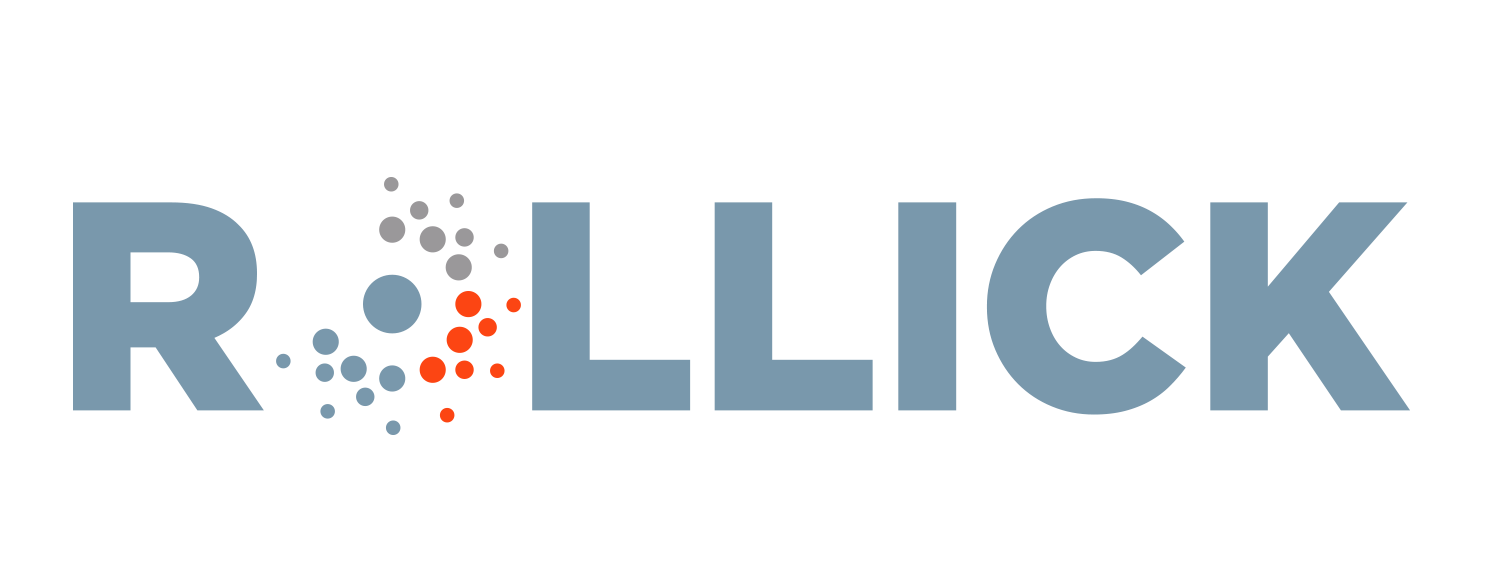Whether it’s marketing automation or any other technology platform, buy-in from your peers is one of the biggest obstacles you will have to overcome. As a savvy marketer, you are likely aware of all the benefits of marketing automation, but the individuals writing the check may not completely understand the need for the technology or how it can impact the bottom line.
With almost two decades in the technology space, we have heard every objection, question, and comment about marketing automation. So, to help you on your journey to implementation, we have compiled a list of the most common questions you will get along the way – and how you should address them.
There are many marketing automation platforms on the market. How do you know which platform will meet our needs?
Yes, there are many marketing automation platforms on the market – and a lot of good ones at that. So, doing thorough research on the various platforms will help you build a solid business case with your peers.
However, as you conduct your research, you need to be careful when considering some of the “big box” marketing automation platforms on the market. For the most part, you are simply buying expensive, feature-rich technology WITHOUT the strategy – leaving you with the daunting task of developing a pre-sale and post-sale marketing strategy. At Rollick, when you invest in our Aimbase Marketing Automation technology, we work with you to develop a full customer lifecycle strategy designed to generate/nurture leads and measure customer satisfaction.
Why do we need marketing automation? Didn’t we buy that email marketing software last year?
You have probably used a small business email marketing software before, but you likely used the platform to send broad, one-off emails to your entire customer database (that’s what they are built to do). With the right marketing automation platform and a strategic partner like Rollick, you can build dynamic email communications that are tailored to the specific needs or actions your prospects take on your website. Plus, you can integrate all of your lead generation, lead intelligence and customer satisfaction efforts in one location.
Wait! We spent thousands of dollars on a CRM. How is marketing automation different?
There’s a common misconception about the role CRM plays versus marketing automation. The main difference to communicate is:
- Marketing automation helps marketing teams automate communication campaigns, generate/nurture leads, and qualify sales-ready contacts.
- CRM helps sales teams manage existing accounts, new sales contacts, and service inquiries.
NOTE: Both technologies should play nice with each other from an integration standpoint. As you interview marketing automation providers, be sure to ask about integration compatibility with your CRM.





